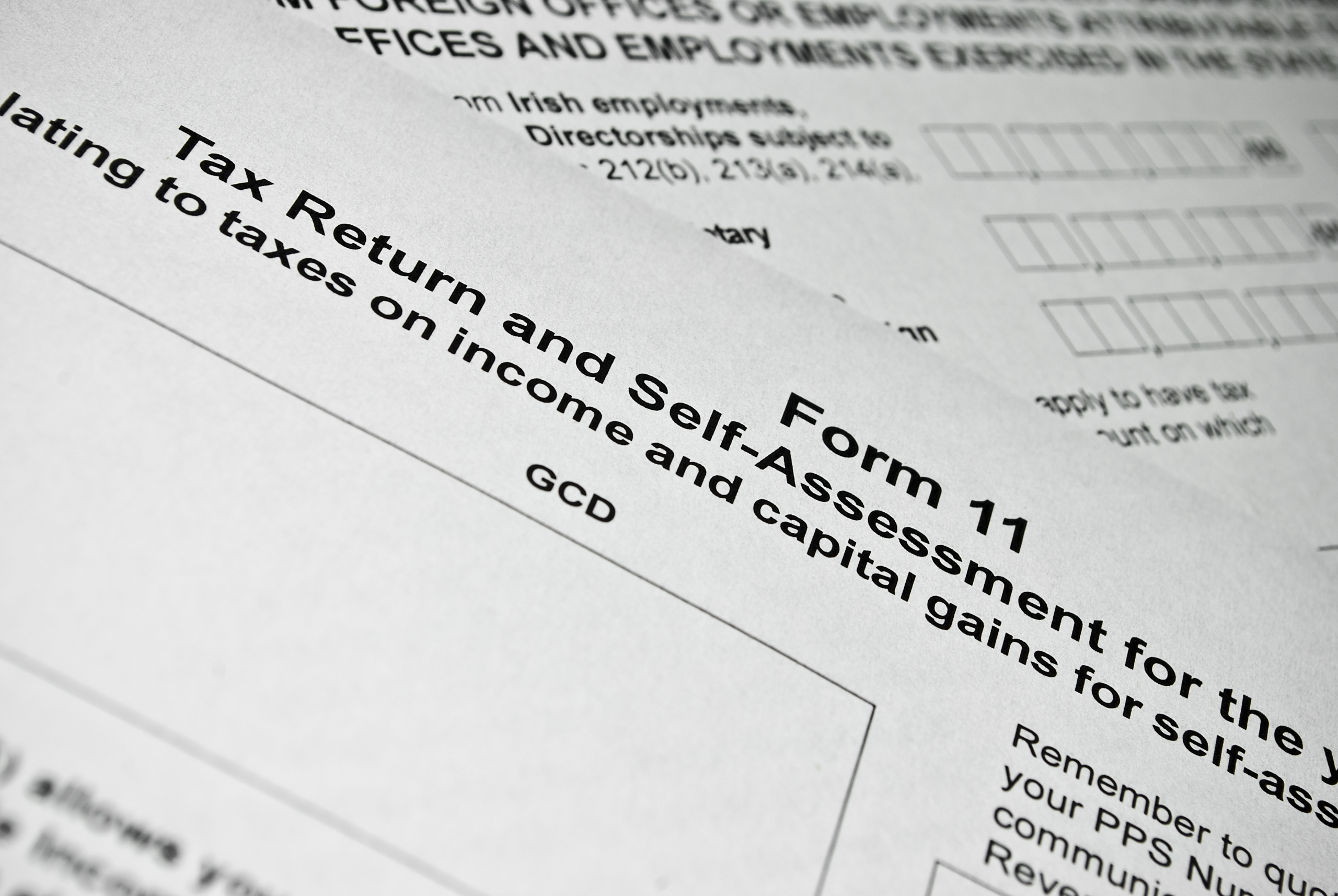
The Special Assignee Relief Programme (“SARP”) was introduced in Ireland in 2012 to encourage the relocation of key talent within organisations to Ireland.
The SARP programme provides for income tax relief on a proportion of income earned by employees coming to work in Ireland. Where certain conditions are satisfied, an individual can make a claim to have 30% of employment income over €100,000 up to €1,000,000 disregarded for income tax purposes. The relief is available for five consecutive tax years.
In determining whether an individual is entitled to the relief, the amount of compensation, excluding the following items must exceed €100,000:
- Bonus payments,
- Benefit-in-Kind including company cars and preferential loans,
- Share based remuneration,
- Termination/ex-gratia payments.
The relief only applies to income tax (PAYE) and does not apply for USC or PRSI.
How is relief granted?
SARP relief can be claimed on a real-time basis via the PAYE system, rather than waiting for the tax year-end to make a claim. While claiming SARP relief, an individual is considered a chargeable person for Irish income tax purposes and is therefore required to file a Form 11 tax return for each year of entitlement.
Example:
Francesco arrived to Ireland on 1 January 2024 and meets all the conditions to claim SARP relief. Francesco is single and his base salary is €150,000.
| € | |
| Schedule E income | 150,000 |
| SARP Relief | (15,000) |
| Taxable income | 135,000 |
| Total Income tax liability | 41,850 |
| Total USC liability | 8,503 |
| Total PRSI liability | 6,000 |
Francesco’s marginal income tax rate in Ireland is 40%, so the income tax saving is €6,000 (€15,000*40%).
Other Benefits of SARP
Employees who qualify for SARP relief are also eligible to receive one tax-free home leave trip per annum, including their family. School fees paid by the employer, capped at €5,000 per annum for each child, can also be paid tax-free.
Application Process
Qualifying individuals must complete a SARP 1A application for this relief within 90 days of arrival in Ireland. The employee must have a PPSN to complete the application. They must also have registered their employment with Revenue through their MyAccount before approval for SARP will be issued. From 1 January 2024, the SARP 1A application can be certified through an online e-portal which is available through ROS.
It is important to note that making a claim under SARP will negate other possible claims which may reduce tax e.g. a Foreign Earnings Deduction, Trans-border Relief, R&D (Research & Development) incentive. Employees should therefore take care before making a claim to ensure the relief provides the best tax outcome for them.
Reporting Obligations for Employers
An employer must submit an annual return to Revenue by 23 February, to provide the following information for all qualifying employees:
- PPS Number
- Nationality
- Prior country of residence
- Job title/role
- Remuneration information (including any reimbursed school fees/home leave trips)
In addition, the annual return must set out the increase in number of employees employed or retained as a result of the qualifying employees working in Ireland.
From 01 January 2024, employers can submit the 2023 Employer Return and all subsequent years through the online eSARP portal.
If you have any questions in relation to SARP relief, or require assistance with preparing a Form SARP 1A application or annual SARP Employer returns, please contact us for assistance.







 The shift of share options from the Irish self-assessment system to PAYE withholding from 1 January 2024 is a significant change arising from Finance (No. 2) Bill 2023. Prior to this, employees were required to report and remit taxes within 30 days of exercising an option on Form RTSO1. Additionally, they were required to file an income tax return for the relevant year.
The shift of share options from the Irish self-assessment system to PAYE withholding from 1 January 2024 is a significant change arising from Finance (No. 2) Bill 2023. Prior to this, employees were required to report and remit taxes within 30 days of exercising an option on Form RTSO1. Additionally, they were required to file an income tax return for the relevant year.


